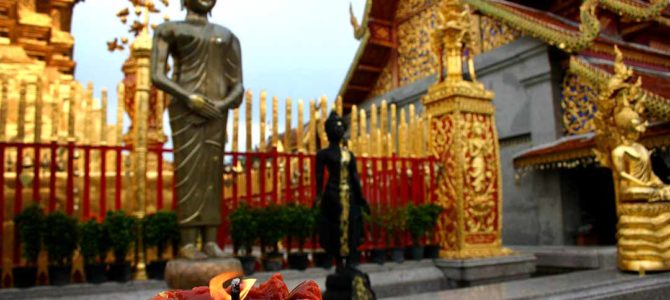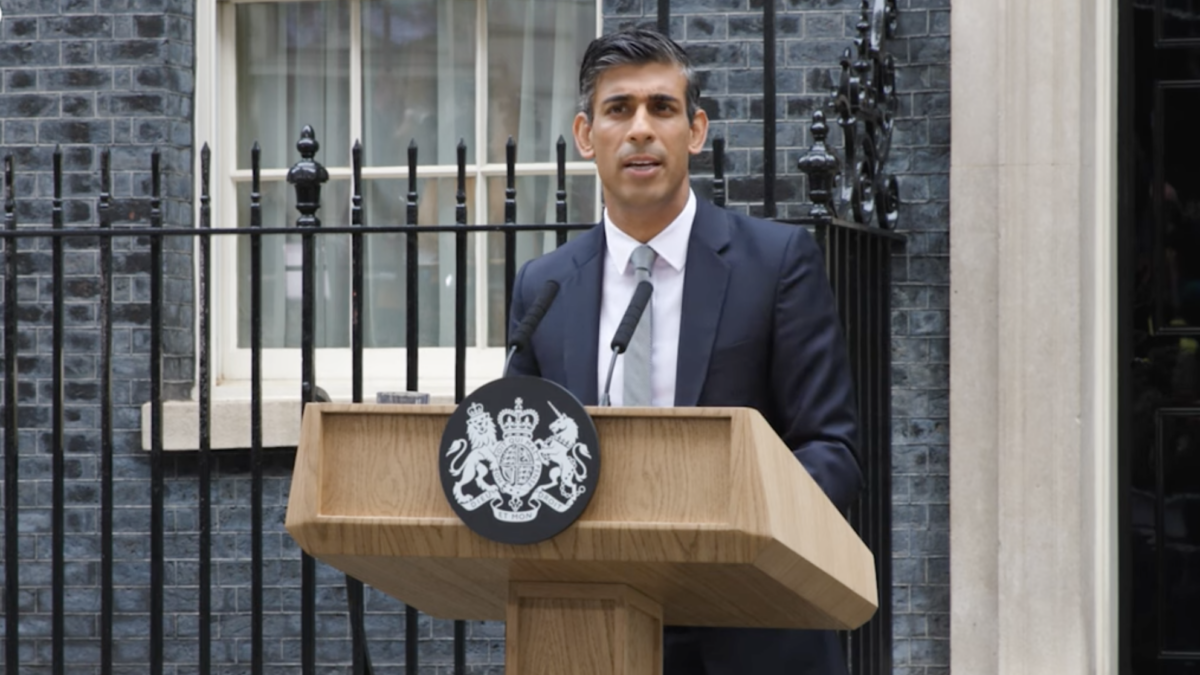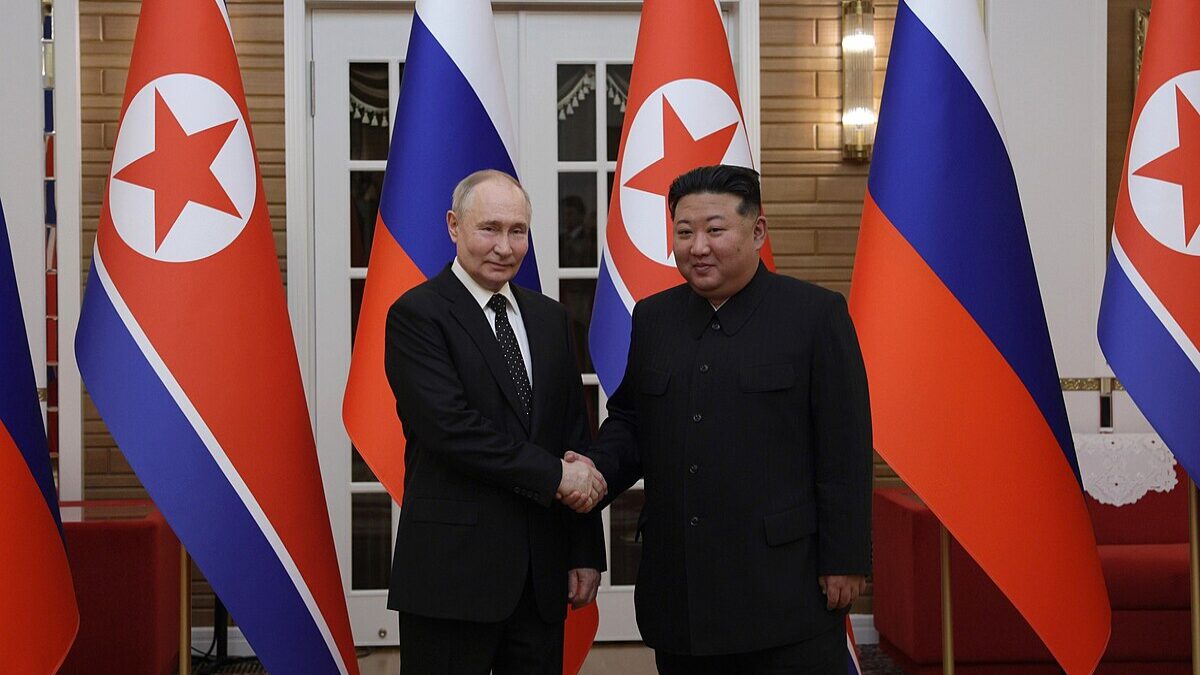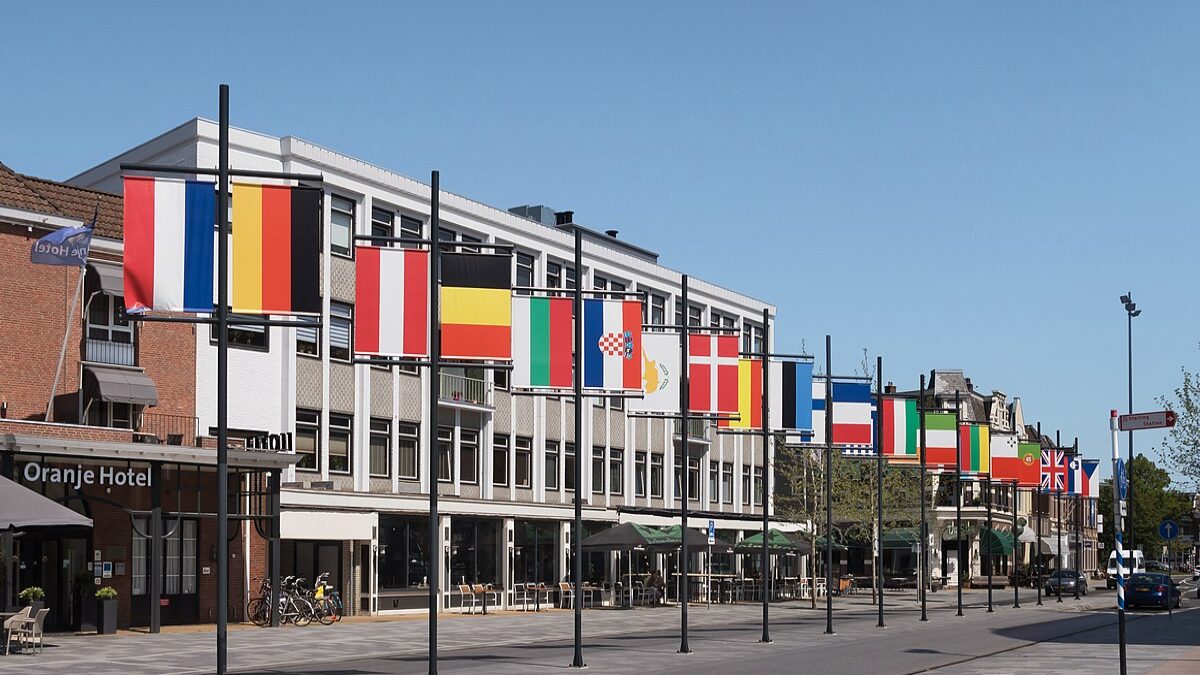
Since the story of the Thai students trapped in a remote cave hit the international news wire, observers have been fascinated with the children’s expression of Thai religious piety and customs. Videos released by the Thai navy show the boys offering the “wai,” a traditional greeting where the palms are pressed together. Images that accompany related news stories often show large groups of Thais, including their classmates, offering Buddhist prayers for the stranded children.
It may surprise many Westerners, but Thailand, a country known for attracting notoriously libertine tourists, is actually a quite religious, conservative nation. We Americans could learn a thing or two from the Thais.
Tourists visiting Thailand are usually taken aback by the signs prominently displayed at Suvarnabhumi Airport and on billboards along the highway into downtown Bangkok. One such billboard reads: “It’s wrong to use Buddha as decoration or tattoo. Means no respect. Don’t buy or sell Buddha.” Another sign asserts: “Welcome to Buddha Land. It’s wrong to buy or use Buddha symbol as merchandise, decoration, tattoo or to own Buddha head. Disrespect to Buddha is wrong by law.”
It seems counterintuitive that a country whose capital has been called the “sex capital of the world” possesses such seemingly reactionary regulations regarding its religion. Like many things in Thailand, its strict rules regarding religion clue us into a curious paradoxical paradigm that has helped preserve the country’s unique culture.
A Rejection of Radical Individualism
Notre Dame professor Patrick Deneen’s pivotal “Why Liberalism Failed” highlights three common features of cultures: (1) a “belief in continuity between human nature and the natural world;” (2) “the experience of the past and the future as embedded within the present;” and (3) “assurance of the sacredness of one’s place, along with depths of gratitude and responsibility to the care of preservation of one’s place.”
What Deneen calls “liberal anticulture” has sought to erode these cultural traits. Liberalism — embodied in Francis Bacon’s call to place nature “on the rack and [torture] for her secrets” — has sought to conquer the natural order. Time, in turn, is experienced “as a pastless present in which the future is a foreign land.” Place likewise is made “fungible and bereft of definitional meaning.”
The wholesale effect of this, Deneen argues, is to “free us from other specific people and embedded relationships, replacing custom with abstract and depersonalized law, liberating us from personal obligations and debts.” Although under assault by Western-originating globalism, Thailand’s culture in many respects has proved resilient in spurning the radical “individual autonomous freedom” of modernity.
A Concern for Sacredness and Piety
Thailand’s Buddha laws are perhaps the most immediate form of this anti-modern, anti-liberal culture. Although Buddhism is not the official religion of the country, about 90 percent of its citizens identify as that religion, and the king of the country is required by law to be a Theravada Buddhist. The remainder of the country is almost all Muslim or, to a lesser degree, Christian.
The nation’s self-designation as devoutly Buddhist has given Thais a strong sense of national identity that binds the vast majority of its inhabitants to one another. Moreover, it remains a deeply pious country, evidenced by the reverence attached to images of the Buddha.
This is a significant contrast from the United States, which, though still a majority-Christian nation, has largely excised religious observance from the public square. As evidenced by the crass mockery of religion and God in television, movies, and art, there is little left sacred in American culture.
Cultural mores have shifted quite a bit from even just two generations ago, when Americans reacted to John Lennon’s ridicule of Christianity — he projected Christianity would “vanish and shrink” and said his band was “more popular than Jesus now” — by burning their Beatles records. Now American comedians, actors, and public intellectuals can spout all manner of vitriol against religious faith — usually Christianity — with little public backlash.
In a manifestation of American aversion to label anything uniquely sacred, Congress has failed to ban burning of our flag. Yet, as evidenced in Thailand, legal protections to preserve a nation’s most sacred beliefs can serve important functions of socialization and citizenry formation.
A Respect for Nature to Restrain Appetites
Deneen’s first pillar of culture is one that perceives nature not as an “obstacle to the attainment of one’s unbound appetites,” but as something to be prized and preserved.
The peculiar form of Thai Buddhism has also sought to emphasize the nation’s interdependent relationship to nature, although globalism and industrialism have unfortunately done much to erode this. Everywhere in Thailand one will find shrines of various sizes honoring the spirits of a particular place, with Thais leaving offerings of food and drink to bring blessings upon their homes, businesses, and various other establishments.
The country has tremendous natural beauty, from its mountainous national parks teeming with wildlife to its renowned, cerulean beaches. Despite the many environmental threats the country faces from its haphazard embrace of modern industrialization, environmental activists are achieving some success in protecting the country’s natural beauty. The current regime has reason to listen: almost 20 percent of Thailand’s gross domestic product is tied to tourism, visitors eager to see the country’s nature preserves, parks, and beaches.
The Continuity of Time and Tradition
Thais also have little problem uniting the present with the past and future. One of the most striking things I noticed during my years there was the content of commercials. Many emphasized a deep reverence for the aged, and the need to ensure a sufficient heritage for the next generation.
The particular nature of Thai Buddhism is again perhaps related to this. The spirits of one’s ancestors remain present in various forms, and should be appropriately honored. Thais, far more than Americans, are devoted to pleasing their parents and honoring their extended families. Indeed, a significant percentage of Thais live with their parents for their entire lives, even after marriage, as did several of my Thai coworkers.
Union with the past is also visible in Thai devotion to the monarchy, a religio-political institution so sacrosanct it is illegal to speak ill of the royal family, something more Westernized Thais constantly complain of. The previous king, Bhumibol Adulyadej, was the longest-reigning king in the world when he died in 2016. Adulydej and his family represented what Deneen calls a “territorial aristocracy… obliged by custom, to come to the help of its servants and to relive their distress.”
Responding to this noblesse oblige, many Thais worshipped him as a god, even before his death, with his visage ubiquitously plastered over signs, monuments, and family homes. At one Sunday Mass at my local Catholic Church in Bangkok shortly after his passing, the Thai priest asserted — much to the surprise of Western ears — that the king was most assuredly in heaven.
The reverence for the past king is unparalleled in Thai society, with many very public invocations for his intercession from the grave. Such devotion for the monarchy, which is mirrored to a lesser degree in reverence for one’s ancestors, binds the Thai people to their past.
A Local Identity Under Assault from Outside
As I’ve recounted elsewhere, local identity and community remain important fixtures of Thai society and what I call “Thai-style economics,” which is essentially communitarian in practice. Unlike much of the United States, where “local experience has been eviscerated, memory is lost, and every place becomes every other place,” Thai culture, even within the many neighborhoods of Bangkok, remains “an accumulation of local and historical experience and memory.” Cuisine in particular exemplifies this paradigm, where Thais (and veteran expats) debate which food stalls or hole-in-the-wall diners have the best Pad Thai, curry, noodles, or myriad other authentic Thai dishes.
All the same, these localist dynamics are quickly changing under the almost irresistible force of liberalism and globalism. Thailand has always has more lax sexual customs than the traditional West, although the booming sex tourism market, which began with U.S. military R&Rs from Vietnam in the 1960s, has made Bangkok the sex capital of the world. As Deneen explains, “people who are ‘uncultivated’ in the consumption of both food and sex… are the most vicious of creatures, literally consuming other humans to slake their base and untutored appetites.”
The worst stories from the red light districts of Bangkok exemplify this. Yet Western sexual libertinism is visible in less dramatic forms elsewhere. That one of my Thai coworkers refrained from telling her mother she was living with her boyfriend, for example, is suggestive that even Thailand until recent memory possessed traditional sexual mores largely commensurate with the pre-sexual revolution West.
We Can Realize What’s Lost When It’s Visible Elsewhere
It is supremely ironic that so many Westerners, themselves increasingly disassociated with the essential traits of culture identified by Deneen, are enthralled with Buddhist Thai culture and its many conservative manifestations. I’ve spoken with many expats in Thailand who eschew what Deneen calls the “uniform and homogenized governance of promulgated law” of the West in favor of the “inconstant impositions and vagaries” of Thai culture.
Seeking a haven from the West and its “collection of self-interested individuals brought together to seek personal advancement,” they are refreshed by the Thai virtues of trust, goodwill, forbearance, and compassion. Moreover, we may roll our eyes at Thais’ excessive devotion to their monarchy, especially one that has often seemed oblivious to their most basic needs, but there is no denying that its existence has for generations proved an effective shaper of a shared national identity.
Likewise, banning all manner of disrespect for a particular ruler may be a bridge too far in an American rights-based context, but there’s something to be said for a culture willing to censure attacks against its most sacred institutions. Whatever the merits in calls in removing some statues from American public spaces, the indiscriminate attacks on our nation’s monuments threaten to destroy national identity by denying and obliterating what Abraham Lincoln called our “mystic chords of memory.”
Although Thailand is itself increasingly subjected to liberalism’s “deep hostility toward the past, particularly tradition and custom,” conservative Thai culture is still tangible on every soi (street) and neighborhood. As with the Thais, our survival will depend on our capacity to retain and promote the pillars of nature, time, and place. We would do well to listen to this storehouse of “wisdom born of trials and corrections” before it itself is subsumed by the globalist technocratic juggernaut we have created.
A few prayers for those Thai children wouldn’t hurt, either.









